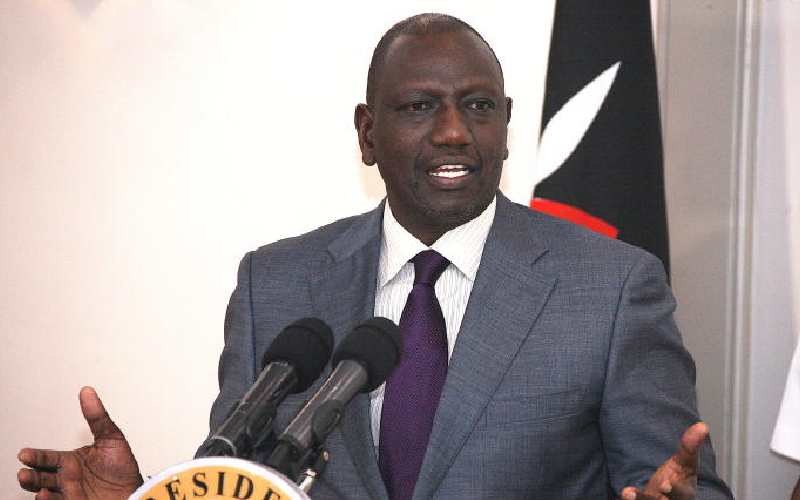×
The Standard e-Paper
Informed Minds Prefer The Standard

Audio By Vocalize

The much-awaited Sh50 billion Hustler Fund was launched by President William Ruto, offering hope for an affordable and quick credit to low-income groups and individuals without collateral.
The Fund is a core campaign promise by the Kenya Kwanza administration that was elected on a platform of lifting low-income earners (hustlers).